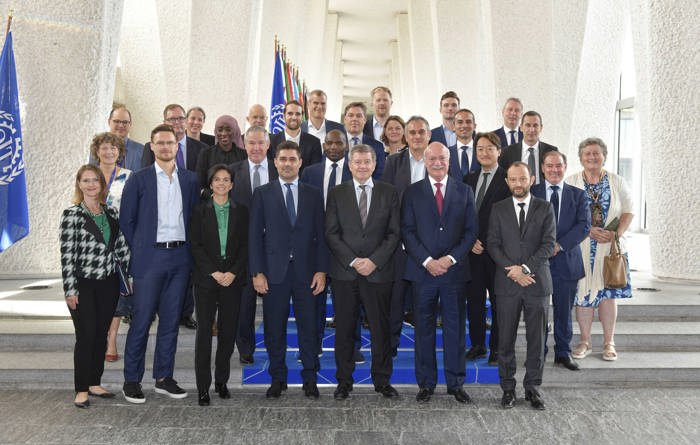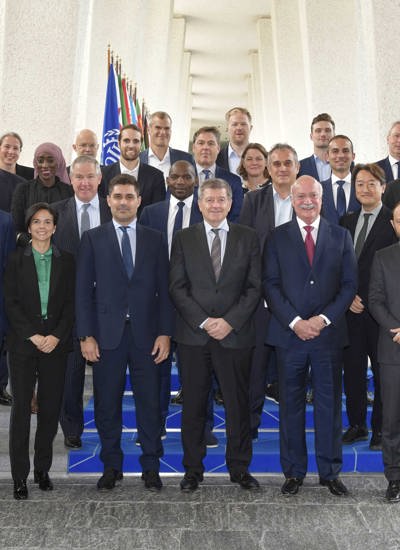
FIFPRO and the World Leagues Forum (WLF), signatories of the Global Labour Agreement (GLA), are greatly disappointed by today’s decision by The IFAB not to permit a 2023 trial of temporary substitutions in the case of a suspected concussion in football.
The professional football leagues and player unions in England, France and the United States petitioned for the trial based on guidance from the medical community that a temporary concussion substitute may further the health and safety of footballers and provide meaningful data from the trial for The IFAB’s further consideration.
We believe that it is important for the professional football leagues and their player unions to take such important steps in the pursuit of our collective interest to advance player health and safety while maintaining the integrity of competitions.
Together with our members, we will further assess the situation and consider our options moving forward.
About the Global Labour Agreement
The agreement creates a new international bargaining framework between the WLF, which represents 45 national professional football leagues comprising some 1,100 clubs, and FIFPRO, which represents more than 60,000 professional footballers as employees in the international football industry, through 66 national player unions in Africa, the Americas, Asia, Europe, and Oceania.
World Leagues Forum and FIFPRO establish global employment relations structure in professional football

The GLA follows the fundamental principles and rights at work set out by the ILO in the 1998 Declaration on Fundamental Principles and Rights at Work, which was amended in 2022. It is also in line with the Points of Consensus of the ILO Global Dialogue Forum on Decent Work in the World of Sport (2020). Specific reference is also made to the ILO Freedom of Association and Protection of the Right to Organise Convention, 1948 (No. 87) and the ILO Right to Organise and Collective Bargaining Convention, 1949 (No. 98) .


